Morpeth Chantry
Building In Morpeth, Northumberland
Also known as All Saints Chantry, it’s a Grade I listed building now housing a bagpipe museum.
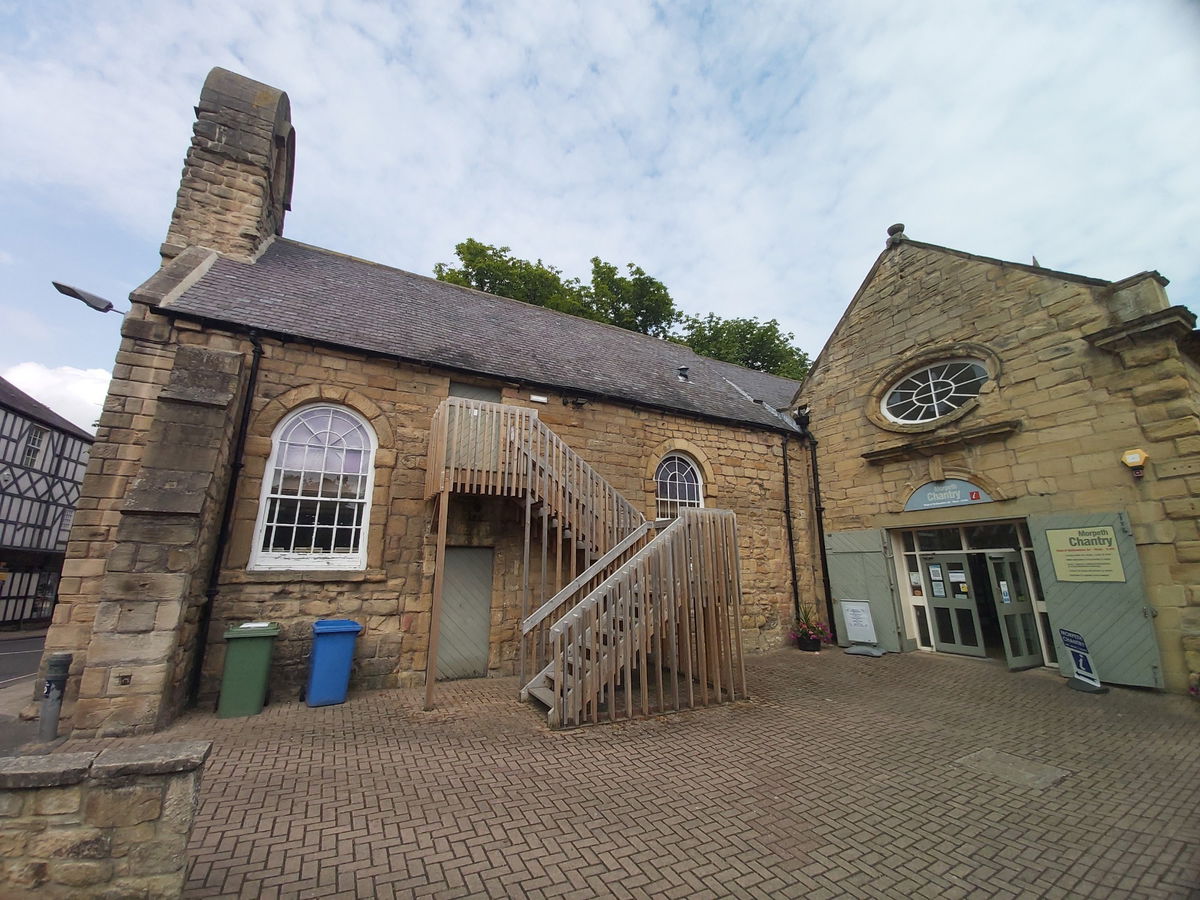
Morpeth Chantry was built around 1296 and had a combined role of a toll house for the river crossing and also a chapel dedicated to All Saints (I don't think they mean the girl band!).
When Henry VIII began the suppression of monasteries, Edward VI followed this on with suppression of chantries too and so the Morpeth Chantry was deconsecrated. The building became a school called King Edward VI (or KEVI as it's known to the locals) until 1846 when a school was built elsewhere in the borough. The current KEVI school was built in 1973 at the northern part of the town.
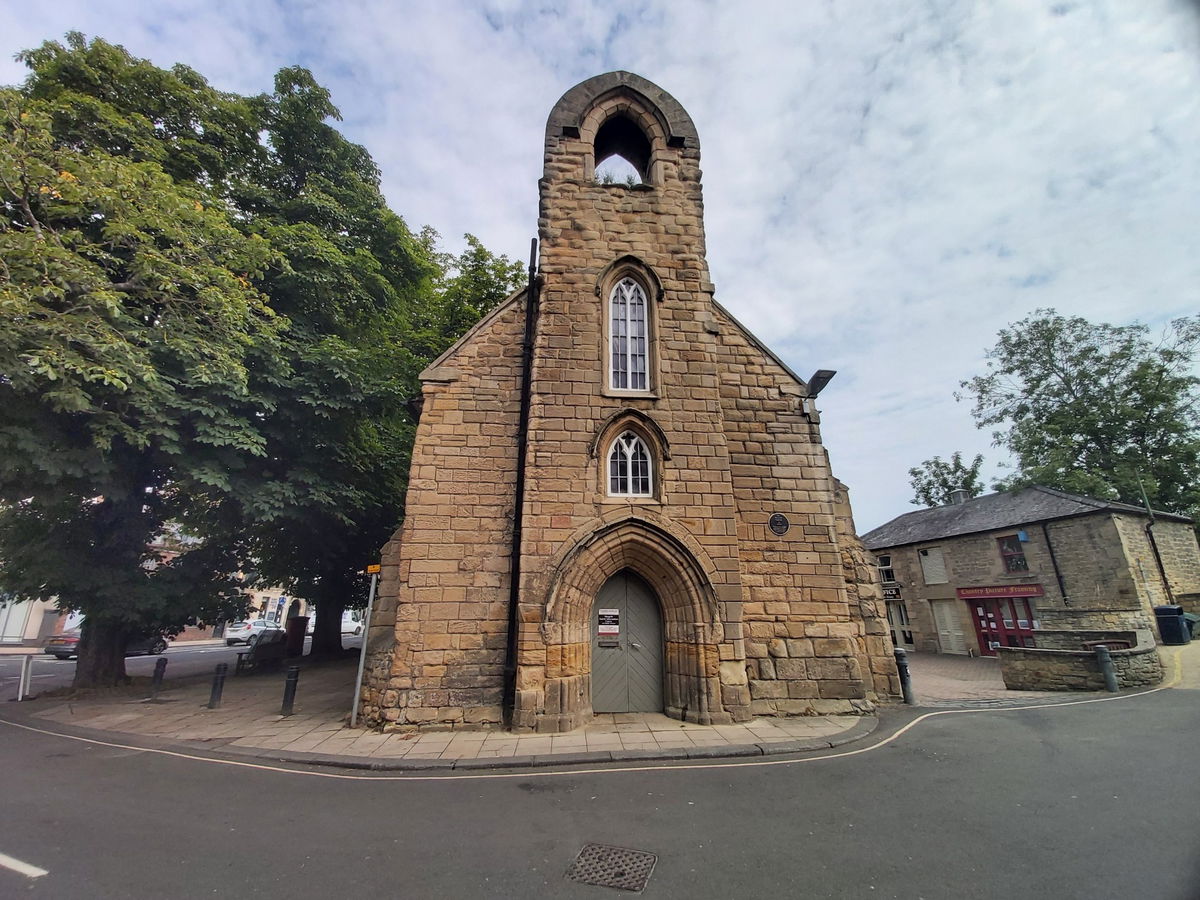
The building was bought by the local authority in 1974 in a neglected state and after refurbishment was reopened in 1984. The current tenants in the building include the Morpeth Chantry Bagpipe Museum, the Tourist Information Office, the Northern Poetry Library and the Northumbria Craft Centre.
Get 1 point if you have visited this place. Already visited by 112 VIPs.
Login to the VIP area to add places to your bucket list, mark them as visited and more importantly see where you rank on the league table.
How To Find Morpeth Chantry
Where Is Morpeth Chantry?
Lat / Long
55.166869, -1.686957
What three words
Where To Park For Morpeth Chantry?
Lat / Long
55.166518, 55.166518
What three words
Lots of free disc parking in the town centre.
Contributed by Simon Hawkins
Thanks for checking out this place on the Fabulous North! I do enjoy a wander out in to the countryside trying to find hidden gems that not many people know about. You can't beat a rogue pele tower up a remote hill, a mysterious stone circle or a stunning waterfall secluded in a forest.
More Places from Simon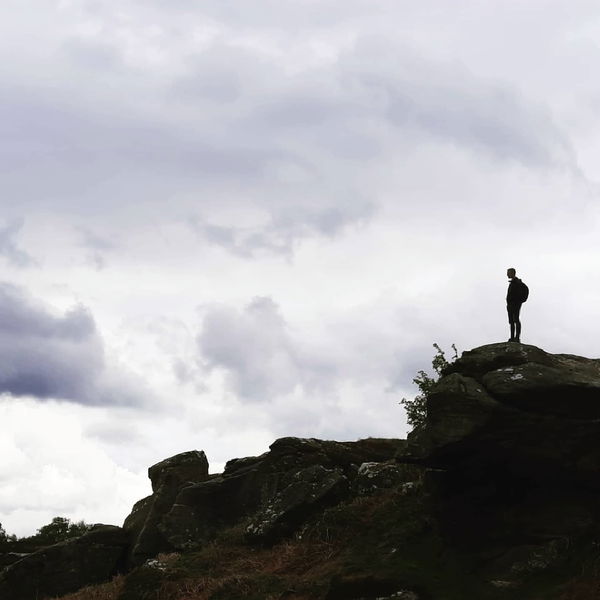
More Places In Morpeth
Find more fabulous places in Morpeth, Northumberland and if you know of a place we haven't listed, then let us know.

Eshott Airfield
Machinery Morpeth NorthumberlandAn airfield mainly for pleasure flights where you can sit with a cup of tea in the observation deck and watch the planes take off and land.
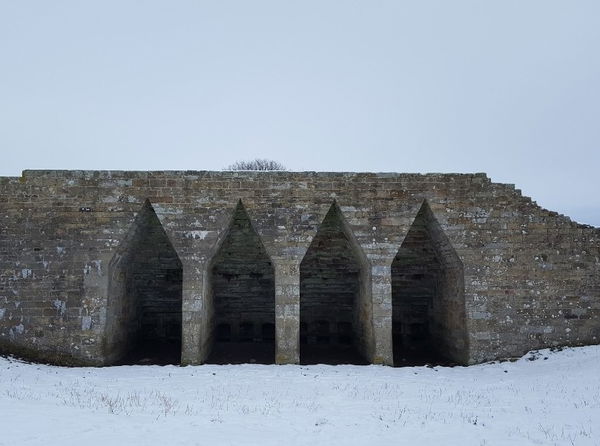
High Hartington Lime Kiln
Lime Kiln Morpeth NorthumberlandA 19th century lime kiln near the Wannie Line.
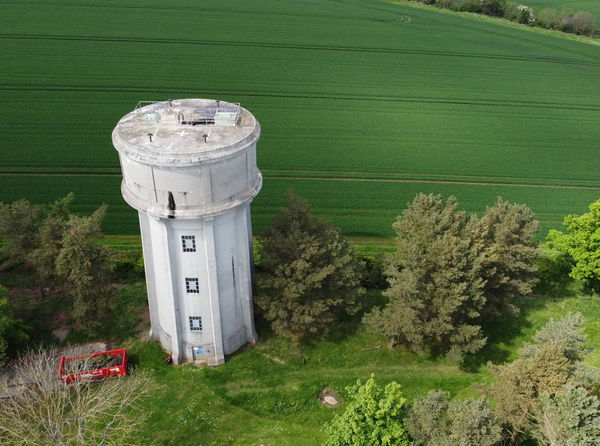
Northgate Water Tower
Water Tower Morpeth NorthumberlandA concrete water tower located next to Northgate Hospital in Morpeth.
More Buildings
So this building wasn't enough and you want more? Don't worry we have you covered.
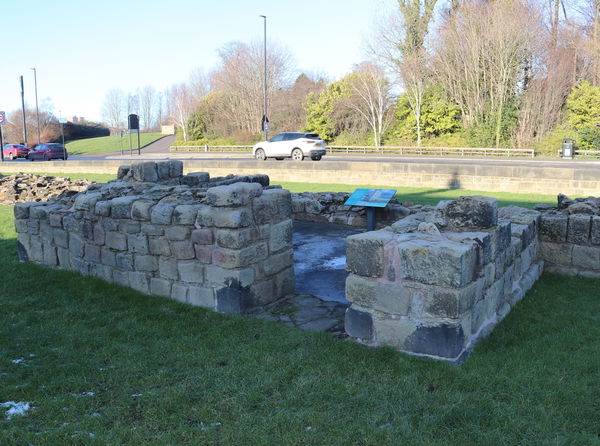
Denton Hall Turret
Building Denton Burn Tyne And WearTurret 7B on Hadrian's Wall, found along with a 63m long section of the wall in a small area of public space in a housing estate by the A186
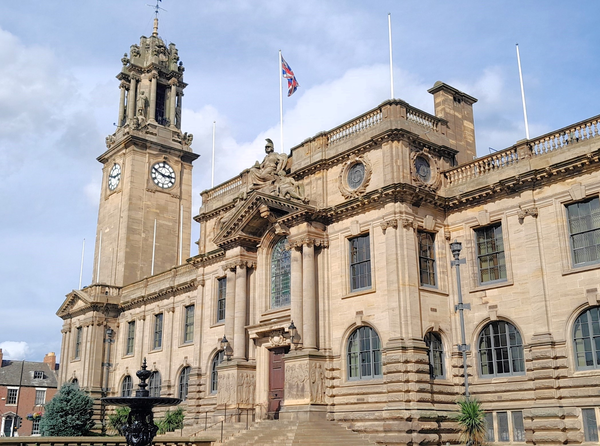
South Shields Town Hall
Building South Shields Tyne And WearEdwardian Baroque styled town hall which embodies civic pride.
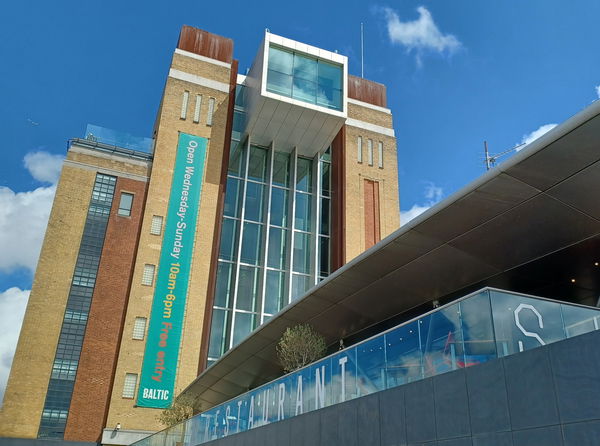
Baltic Centre for Contemporary Art
Building Gateshead Tyne And WearOld flour mill converted into a contemporary art gallery in 2002.
Never Miss A Fabulous Place
If you are afraid of missing out on all the fabulous places we post, or just want to be the first to know, then sign up to the Fabulous North.
Each week we will email you all the brand new places that we visit.
Sign Up To AlertsFind Us On Facebook
We post all our new places daily on our Facebook Groups page, so join the group today and be notified when we add a new place.
Join Our Facebook GroupMorpeth Chantry was listed in Building // Northumberland // Morpeth


